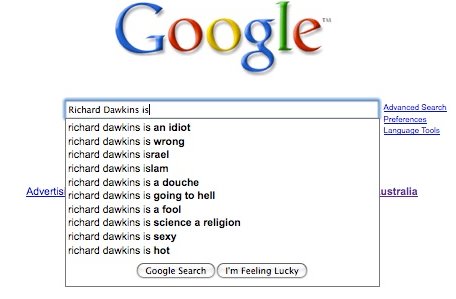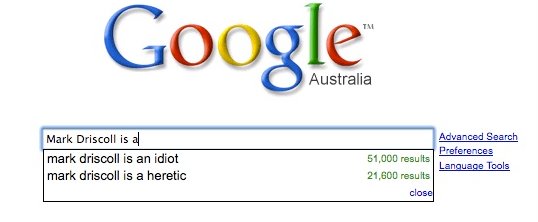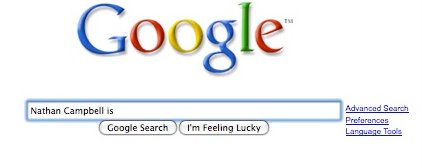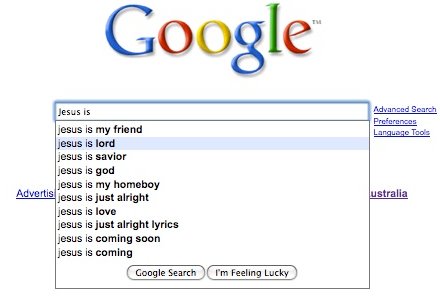Rupert Murdoch is boldly going where no media baron has gone before – bravely stepping outside Google’s search results and thumbing his nose at the internet establishment – and he’s taking his media establishment with him… all the way to Microsoft’s Bing.
I’ve been sharing a few links via google reader on this matter (and on that note – does anybody want to see a return to the daily links posts?). Most “new media” experts agree – Murdoch is a wily dinosaur.
I think there’s a method to this supposed madness. Murdoch’s empire provides a fair whack of content to the Internet – giving Bing exclusive access may give a boost to Microsoft’s bid to enter the search arena. It’s a bold move. But it’s fraught with danger. Murdoch is facing a decline in circulation many people are attributing to the Internet – and he’s decided to tackle that by removing himself from the picture. Quite literally. For most casual internet browsers.
He’s in a quandary. News Ltd relies on advertising dollars to produce content, it doesn’t make a lot of sense for Murdoch to pay for traffic to come to his site via google adwords so that they might click on his ads. The internet gives the distributor all the power, not the content producer – but it’s pretty much the same story anywhere in the media business. Distribution is where all the profit is.
What will be interesting will be looking back on this decision in six months and seeing if the lesser availability of News Ltd work online (it’ll still be there – you just won’t find it via google) will have any impact on circulation. Will people pay to read the hard copy of the paper rather than breaking habits to use Bing? Will the status quo bias prevent people changing their online habits?
Much vaunted internet marketing guru Seth Godin has suggested that Murdoch’s approach to the new age of media is back to front. He says:
“You don’t charge the search engines to send people to articles on your site, you pay them.”
I’m not sure – Rupert Murdoch hasn’t got where he has by paying other people – this is fundamentally a battle of ideologies between the new “free content to everybody” consumer/marketer and the old school monopoly/conglomerate approach.
People don’t want to pay for news anyway – while I read the papers every day (in tangible form) I wouldn’t choose to pay for them personally when I can find stuff online for free. Striking a commercial and exclusive deal with a search engine seems to be a pretty sound rearguard action from Murdoch.
From a PR perspective I reckon Murdoch’s tabloid rags are going to go the way of the magazine – an interchangeable blend of advertorial, advertising and paid comment/editorial. Product placement is the marketer’s dream. I’d much rather pay money to bring a journalist to Townsville on a tour than spend the same amount on a clearly labeled advertisement.
If I were Murdoch I’d be trading on my established credibility/brand and pushing products on unwitting customers via editorial. But I’m not a greedy media baron. So I’ll stick to pushing stupid products via my blog and not receiving a commission at all – or encouraging you to buy a shirt…











